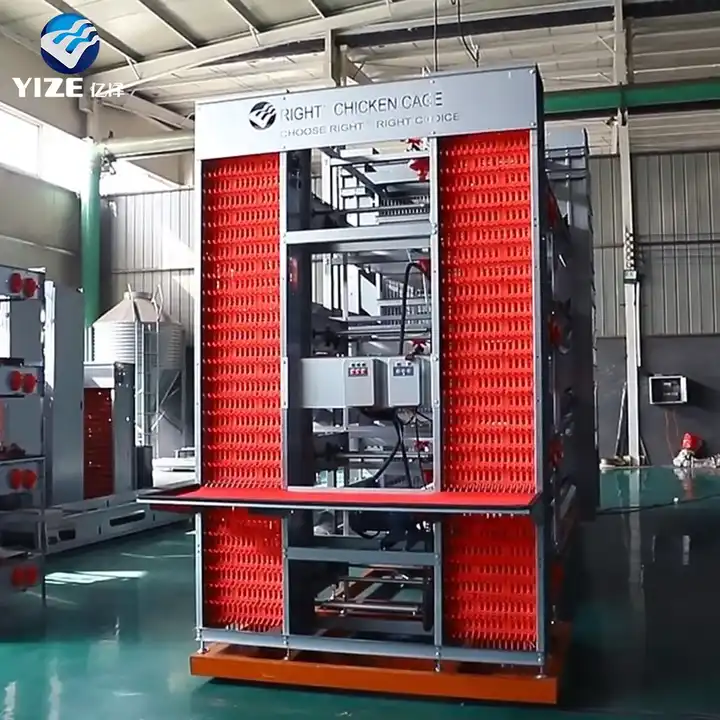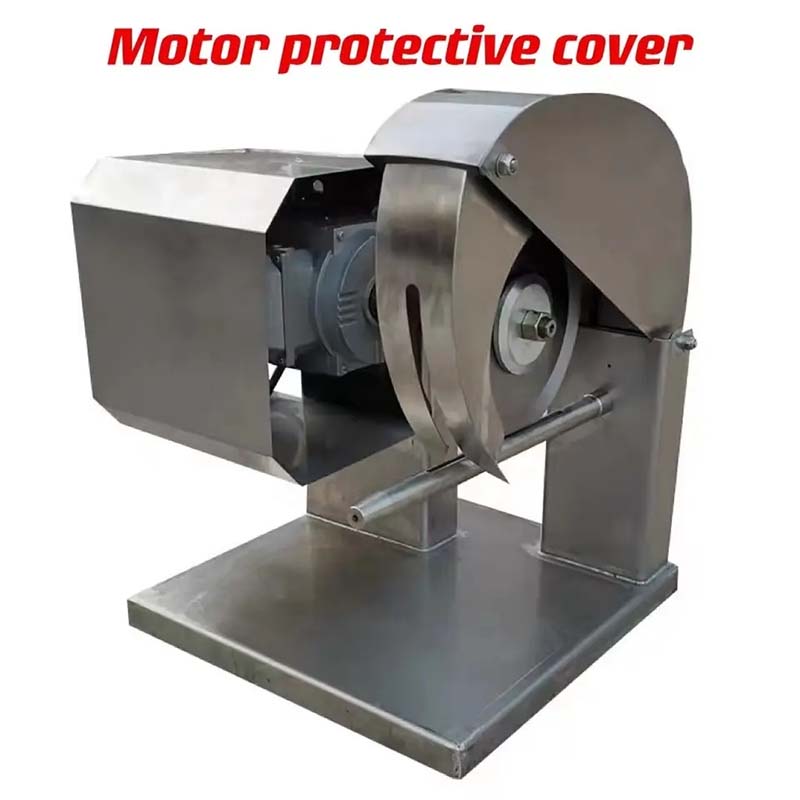30 50 100 200 500 1000 1500 tons galvanized assembly feed seed cereal grain storage steel silo
1 月 . 22, 2025 04:51 Back to list
30 50 100 200 500 1000 1500 tons galvanized assembly feed seed cereal grain storage steel silo
Choosing the Right Large Poultry Cage A Comprehensive Guide for Success
Ventilation is another integral aspect. Proper airflow within large poultry cages prevents the buildup of ammonia and moisture, significantly reducing the risk of diseases like coccidiosis and respiratory infections. Many successful designs incorporate adjustable windows or strategic openings to facilitate healthy air exchange. Assess the placement and size of these ventilation systems, ensuring they meet climatic and breed-specific requirements. Safety cannot be compromised when selecting a large poultry cage. Look for cages equipped with secure locking mechanisms to deter predators and theft. The overall structural integrity should withstand climatic variations and potential threats from larger wildlife. Beyond the physical design and construction, ethical considerations of poultry farming practices should not be overlooked. Look for cages designed with sustainable materials and processes to support eco-friendly farming practices. The use of solar panels for power, rainwater harvesting systems, and biodegradable materials can greatly reduce your environmental footprint, attracting environmentally conscientious consumers and partners. Finally, evaluating brand reputation is essential in your buying decision. Opt for manufacturers with a proven track record in delivering quality poultry solutions. Check for reviews, client testimonials, and case studies to establish the authenticity and reliability of their products. Engaging with communities or forums dedicated to poultry farming can also provide authentic insights and enhance your buying experience. In conclusion, selecting the ideal large poultry cage demands a balanced consideration of the birds’ needs, material durability, space allocation, modern technology integration, ethical responsibility, and brand credibility. As you make this significant investment, ensure that your choice not only enhances operational efficiency but also promotes sustainable and humane farming practices, securing the trust and loyalty of your market. With expert guidance and thoughtful planning, you will undoubtedly propel your poultry business toward greater success.


Ventilation is another integral aspect. Proper airflow within large poultry cages prevents the buildup of ammonia and moisture, significantly reducing the risk of diseases like coccidiosis and respiratory infections. Many successful designs incorporate adjustable windows or strategic openings to facilitate healthy air exchange. Assess the placement and size of these ventilation systems, ensuring they meet climatic and breed-specific requirements. Safety cannot be compromised when selecting a large poultry cage. Look for cages equipped with secure locking mechanisms to deter predators and theft. The overall structural integrity should withstand climatic variations and potential threats from larger wildlife. Beyond the physical design and construction, ethical considerations of poultry farming practices should not be overlooked. Look for cages designed with sustainable materials and processes to support eco-friendly farming practices. The use of solar panels for power, rainwater harvesting systems, and biodegradable materials can greatly reduce your environmental footprint, attracting environmentally conscientious consumers and partners. Finally, evaluating brand reputation is essential in your buying decision. Opt for manufacturers with a proven track record in delivering quality poultry solutions. Check for reviews, client testimonials, and case studies to establish the authenticity and reliability of their products. Engaging with communities or forums dedicated to poultry farming can also provide authentic insights and enhance your buying experience. In conclusion, selecting the ideal large poultry cage demands a balanced consideration of the birds’ needs, material durability, space allocation, modern technology integration, ethical responsibility, and brand credibility. As you make this significant investment, ensure that your choice not only enhances operational efficiency but also promotes sustainable and humane farming practices, securing the trust and loyalty of your market. With expert guidance and thoughtful planning, you will undoubtedly propel your poultry business toward greater success.
Latest news
-
Battery Layer Cage Systems With Automatic Feeding Machine
NewsMar.07,2025
-
Hot Selling Multi Function Vacuum Packaging Machine
NewsMar.07,2025
-
Chicken scalder plucker machine for sale poultry scalder chicken plucking machine
NewsMar.07,2025
-
Egg Tray Making Machine 1000, 2000, pulp molding machine
NewsMar.07,2025
-
Automatic Feeding Line System Pan Feeder Nipple Drinker
NewsMar.07,2025
-
cage layer chicken
NewsMar.07,2025






